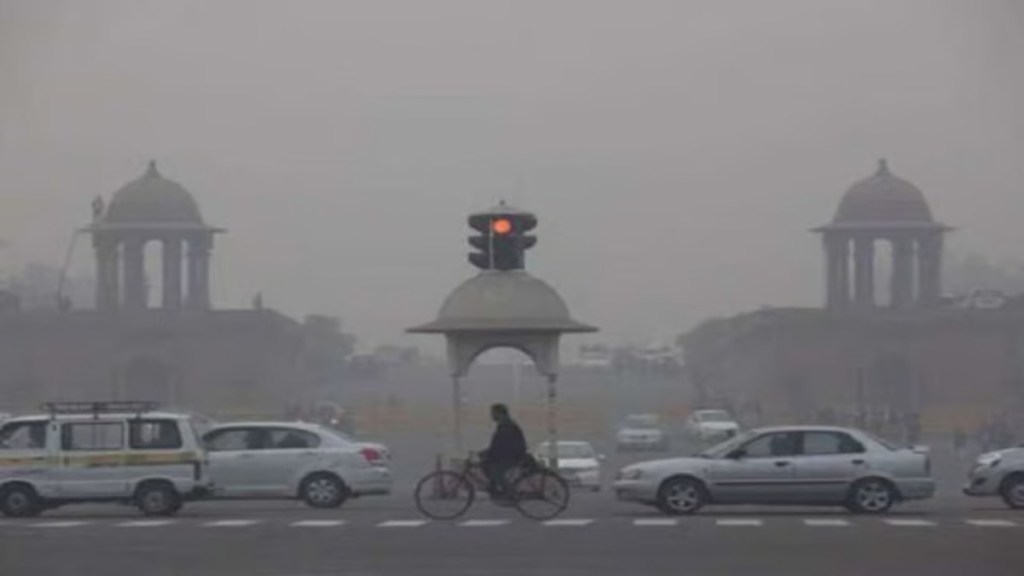The Supreme Court on Monday refused to relax Stage 4 emergency measures under the Graded Response Action Plan (GRAP) in Delhi-NCR, citing the need for a consistent downward trend in air quality index (AQI) levels.
A bench comprising Justices Abhay S Oka and Augustine George Masih directed chief secretaries of NCR states to appear via video conferencing on Decewmber 5 to report whether subsistence allowances were provided to construction workers affected by GRAP 4 restrictions.
“On Thursday (December 5), we will examine the AQI (air quality index) levels and find out whether there is any downward trend,” the bench said, emphasising that no relaxation would be granted otherwise.
The top court slammed the “complete lack of coordination” among stakeholders, including the Delhi government, police, Municipal Corporation, and pollution control committees, in implementing measures. It instructed the Commission for Air Quality Management (CAQM) to ensure effective coordination and deployment of personnel at entry points to enforce restrictions.
The bench highlighted alarming findings from reports submitted by court-appointed commissioners, revealing threats faced by members of the Bar during inspections at city entry points. The court directed Delhi Police to provide armed security to commissioners and file a report on actions taken to address threats.
Noting the recurring air pollution crisis in Delhi-NCR from October to December, the court proposed addressing the root causes of pollution for a long-term solution. It asked the amicus curiae to submit a detailed note within two weeks.
Also Read:GRAP stage 4 measures to continue in Delhi till Monday, schools to remain open
The bench also called on CAQM to act on reports of non-compliance, urging authorities to expedite mitigating measures. “All entry points must be manned with adequate manpower,” the court stated.
The AQI scale categorizes air quality as “good” (0-50), “satisfactory” (51-100), “moderate” (101-200), “poor” (201-300), “very poor” (301-400), and “severe” (401-500). On the issue of subsistence allowances for affected construction workers, the court directed NCR chief secretaries to present updates during the December 5 hearing.
The Supreme Court reiterated it would not micromanage the situation but insisted on coordinated action among agencies. “We must be satisfied that there is some consistent downward trend,” it said.

